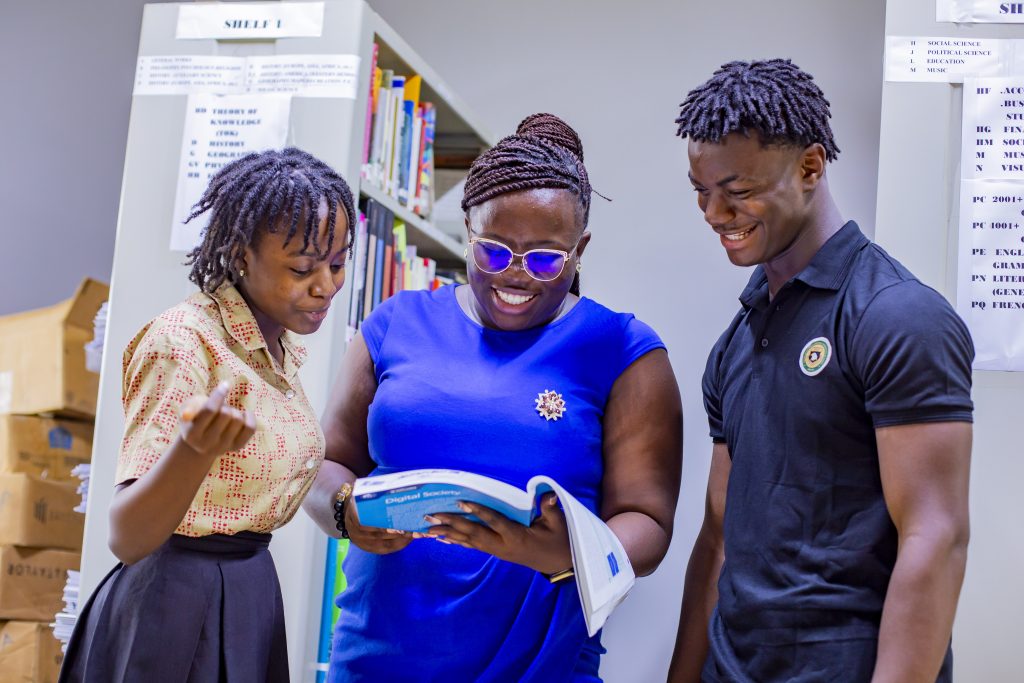Key Points at a Glance
Project-based learning makes literature engaging, relevant, and interactive for students.
Creative projects like book trailers, character diaries, and thematic debates deepen literary understanding.
Students develop critical thinking, collaboration, and communication skills through hands-on literature projects.
English Literature is more than just reading books and writing essays. It is about understanding human experiences, exploring diverse perspectives, and developing critical thinking. Yet, many students see literature classes as monotonous and disconnected from real life.
Project-Based Learning (PBL) transforms this narrative by making literature dynamic and student-centered. Through meaningful projects, learners explore texts creatively while building essential life skills.
This article offers innovative project-based learning ideas for English Literature.
Why Project-Based Learning Works for English Literature
Project-Based Learning in literature shifts the focus from passive consumption of texts to active exploration. Instead of simply analyzing a novel through a written test, students engage with the material in ways that require research, creativity, collaboration, and presentation.
Key advantages include:
Deeper comprehension of themes, characters, and historical contexts.
Enhanced engagement through creative expression.
Development of 21st-century skills such as communication, teamwork, and problem-solving.
Personalized learning that caters to diverse talents and interests.
Creative Project Ideas for Literature Class
Here are some innovative and effective project ideas that can bring literature to life:
1. Create a Book Trailer
Students produce a short, cinematic-style trailer for a novel or play, showcasing major themes, conflicts, and characters. This combines literary analysis with multimedia production.
2. Character Diaries or Social Media Profiles
Learners write diary entries or design social media profiles from the perspective of a character, reflecting their motivations, relationships, and growth throughout the story.
3. Literature Debate
Host a debate on a moral or thematic issue from the text. For example, debating the ethics of a character’s decisions helps students engage critically with the plot.
4. Historical Context Research Project
Students research the historical period in which a story is set and present how those events influenced the narrative and characters.
5. Scene Reenactments or Dramatic Performances
Bringing scenes to life through drama helps students appreciate dialogue, tone, and character dynamics.
6. Theme-Based Art Project
Students create visual art inspired by the themes of a text—like a painting, comic strip, or digital collage—that illustrates the core message.
7. Literary Podcasts
Learners record podcast episodes discussing a book, author, or theme, integrating research and personal insights.

Benefits of Project-Based Learning in Literature
1. Boosts Critical Thinking
Projects require analysis, interpretation, and synthesis of information beyond surface-level reading.
2. Enhances Collaboration
Group projects teach students how to work together, share responsibilities, and respect diverse viewpoints.
3. Improves Communication Skills
Presenting projects, whether through performance or multimedia, sharpens both verbal and non-verbal communication.
4. Enhances Creativity
Literature becomes a canvas for creativity—whether through storytelling, digital media, or visual arts.
5. Encourages Lifelong Learning
When students see literature as relevant to their world, they are more likely to continue reading and analyzing texts independently.
Schools That Inspire Literary Exploration
An effective project-based approach requires a school environment that nurtures exploration and creativity. Morgan International Community School (MICS) provides such an environment, integrating PBL across subjects, including English Literature. At MICS, literature is not just studied—it is lived, discussed, performed, and recreated in ways that leave lasting impressions on students.
The school’s commitment to inquiry, creativity, and critical engagement ensures that learners develop a genuine love for literature and the skills to express their understanding in innovative ways.
Final Thoughts
Project-Based Learning transforms the study of English Literature from a static subject to an immersive experience. By engaging students through creative projects, educators can cultivate deeper understanding, enthusiasm, and essential life skills.
Parents and educators seeking to ignite a passion for literature in students should embrace project-based methods.
